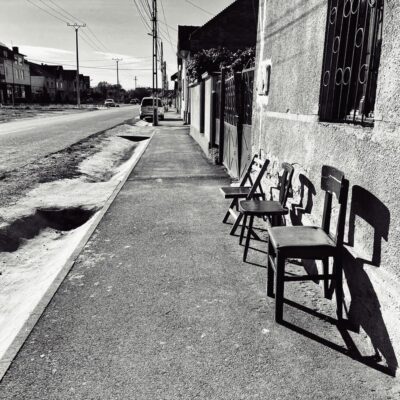Tell-tale signals of Mormonism seem to be fading faster than the label President Nelson rejects. In a 2022-2023 survey, fewer than half of Church members born after 1965 said they were actually wearing their garments on the day they answered the question. A 2016 survey found that only 45% of American Mormons had never tried any of the substances banned in the Word of Wisdom (tea, coffee, alcohol, tobacco, marijuana, or illegal drugs). Even among those describing themselves as “very active,” the faithful abstainers were only 61%. General consensus is that observation is declining, and fast. My TBM self from the 1990s would never have believed such laxity possible.
These statistics appear in a Salt Lake City Tribune column asking tsk-tsking Church leaders to spend less effort policing behavior and more recognizing modern realities. While columnist Natalie Brown endorses members deciding for themselves how the Gospel applies to their lives, she worries that the rise of observational-optional faith will mean a less cohesive LDS culture.
But I think it’s the other way around – a less cohesive culture meant observing the Word of Wisdom and temple covenants became less important. In an article exploring why so few Church members went unvaccinated despite urging of the First Presidency, historian Benjamin Park blames a kind of political cowardice at the top. From evolution to civil rights, church leaders have decried “secularism” or “worldliness” rather than endorse explicit political positions and so, Park says, “church leaders have managed to stoke this libertarian and right-wing culture while still reaffirming their claims to authority and avoiding the appearance of partisanship.” But that was a double-edged sword. “The problem today,” he concludes, “is that this culture is so entrenched that it threatens to undermine the authority of LDS leaders, instead of buttressing it.”
In her column, running five days after the election, Brown worries that “politics has replaced church authorities as the primary source of moral authority,” and that the waning of church authority will bring “isolation and division.”
That brings to mind political philosopher Hannah Arendt. “Totalitarian movements are mass organizations of atomized, isolated individuals.” Arendt was thinking about how Hitler and Stalin picked apart social ties between friends and within families by encouraging people to snitch on their loved ones, but inequity and instability fray ties as well.* Though less brutal than a jail cell, feelings of being left behind, misunderstood, ineffective, or unprotected also starve out solidarity and affection.
I think the isolation and division Brown anticipates are already here. Church leaders called it forth, not just through wink-wink tacit politics but also by being anti-family. Within five months of the June 2015 Supreme Court’s ruling that gave same-sex couples the right to marry, the Church announced its (now rescinded) Exclusion Policy condemning married same-sex couples as apostates and refusing baptismal rites for their children. It was part of a long line of policies that tore wards and families apart and prompted mass resignations. A 2023 survey found that 4% of current Church members identified as LGBTQ, compared with 18% of former members. There are dozens of books, podcasts (hello Human Stories and Latter Gay Stories), and even a Hulu miniseries devoted to the pain and healing of gender minorities and their families. Just when many members were expecting a softening stance, the 2015 Exclusion Policy made clear to many would-be LGBTQ+ allies that the Church they love has no place (or at least no place of equal status) for the people they love. When Church leaders tell vulnerable family members that they were an affront to God, their authority deserves to be questioned. Somehow that makes porn shoulders, hot drinks, and double piercings seem less consequential.
In his collection of letters to General Authorities, Gary Watts, an early member of Family Fellowship, a kind of LDS PFLAG in the 1990s, decried how the Church had fractured so many families and friend groups. “If there is another church policy that produces even one-tenth of this much ‘bitter fruit’ I am unaware of it.” He provides account after account of how a supposedly pro-family church has sowed isolation and division.
It’s cosmically fitting that the November 5 Exclusion Policy of 2015 and 2024 election of the 47th President share an anniversary.
Image: “Empty chairs” by Kimmo Räisänen is licensed under CC BY 2.0
*Worth noting, most Church members in Nazi Germany were accommodationists or enthusiasts.

Interesting. While church members reject rules such as wearing garments and observing the W of W, the church is building temples like crazy. Doesn’t seem like it will pay off…
Great post, as always!
Thanks Donna!
Yes, but maybe at least temple building seems more under direct control
Also thanks to chino blanco for pointing out another 5 November reference,
Guy Fawkes’s failed gunpowder plot to blow up UK Parliament in 1605
This is a really excellent analysis. I think maybe the Religious Right’s doublespeak of using the term “family values” as a dog whistle for anti-LGBTQ+ policies has shielded some churchgoers from understanding how divisive and anti-family such ideas are.
And I think this analysis is right that the CoJCoL-dS has handed the moral authority reins over to the far right.